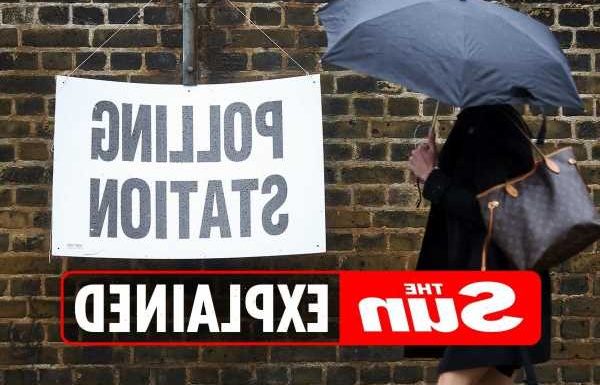
GENERAL elections usually take place every five years.
But there are several reasons why one might be called earlier. We explain.
When is the next general election?
The next UK general election is currently scheduled for May 2, 2024.
Under the Electoral Registration and Administration Act 2013, parliament would be dissolved 25 working days before this date on March 26.
The last general election was held on December 12, 2019.
Can a general election be called before the next set date?
Yes. There are several reasons why the next general election might be called before May 2, 2014.
But these are restricted by the Fixed Term Parliaments Act 2011.
An election called earlier than originally scheduled is known as a snap election.
What could cause a snap election?
The Fixed Term Parliament Act 2011 limits the conditions under which a snap election can be called to when the government loses a confidence motion or when a two-thirds supermajority of MPs vote in favour.
There are 650 seats in the House of Commons, so 434 MPs would need to support the formal proposal.
One final way an election could be called sooner than planned is if the government passes a bill to the change the Fixed Term Parliaments Act 2011.
This would require a majority in both the Commons and the House of Lords and is what happened for the 2019 poll on December 12.
Boris Johnson failed to secure 434 votes, so his government introduced a short bill for a snap election which only required a simple majority.
MPs voted 438 to 20 to approve the Early Parliamentary General Election Bill at the third reading.
How often are general elections in the UK?
A full parliamentary term in the UK can last up to five years, with general elections held on the first Thursday of May.
Before the Fixed Term Parliament Act 2011 which brought in the five-year rule, prime ministers could call an election whenever they wished.
This tended to be every four or five years, when was most beneficial to them and their party.
Why are elections always held on a Thursday?
General elections are scheduled for the first Thursday of May in the fifth year following the previous election.
This is because of the Fixed Term Parliament Act of 2011 – and every general election since 1931 has been held on a Thursday.
It is suggested that this is because Thursday was traditionally market day, meaning more people would already be in town, potentially resulting in a higher turnout.
Source: Read Full Article
